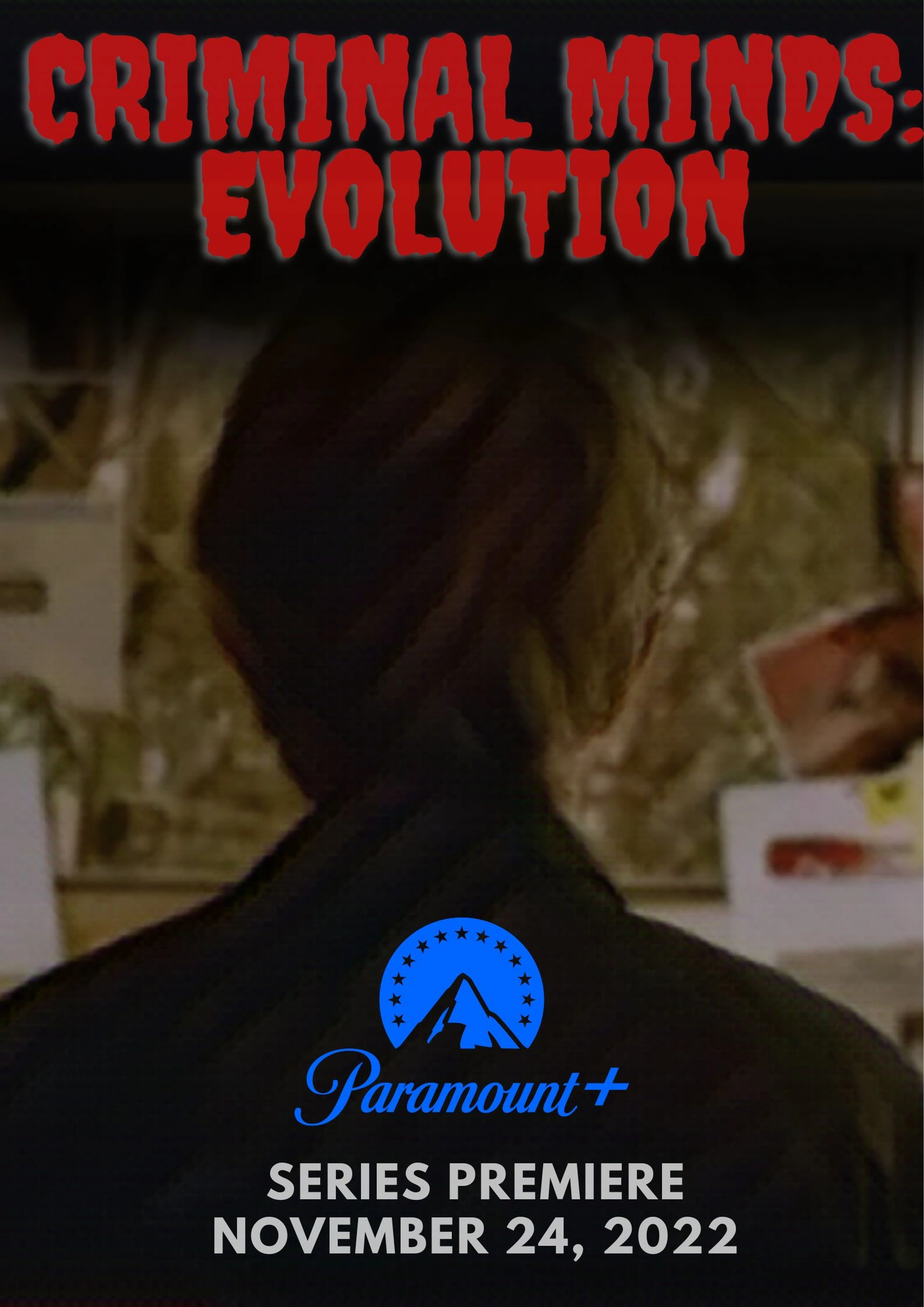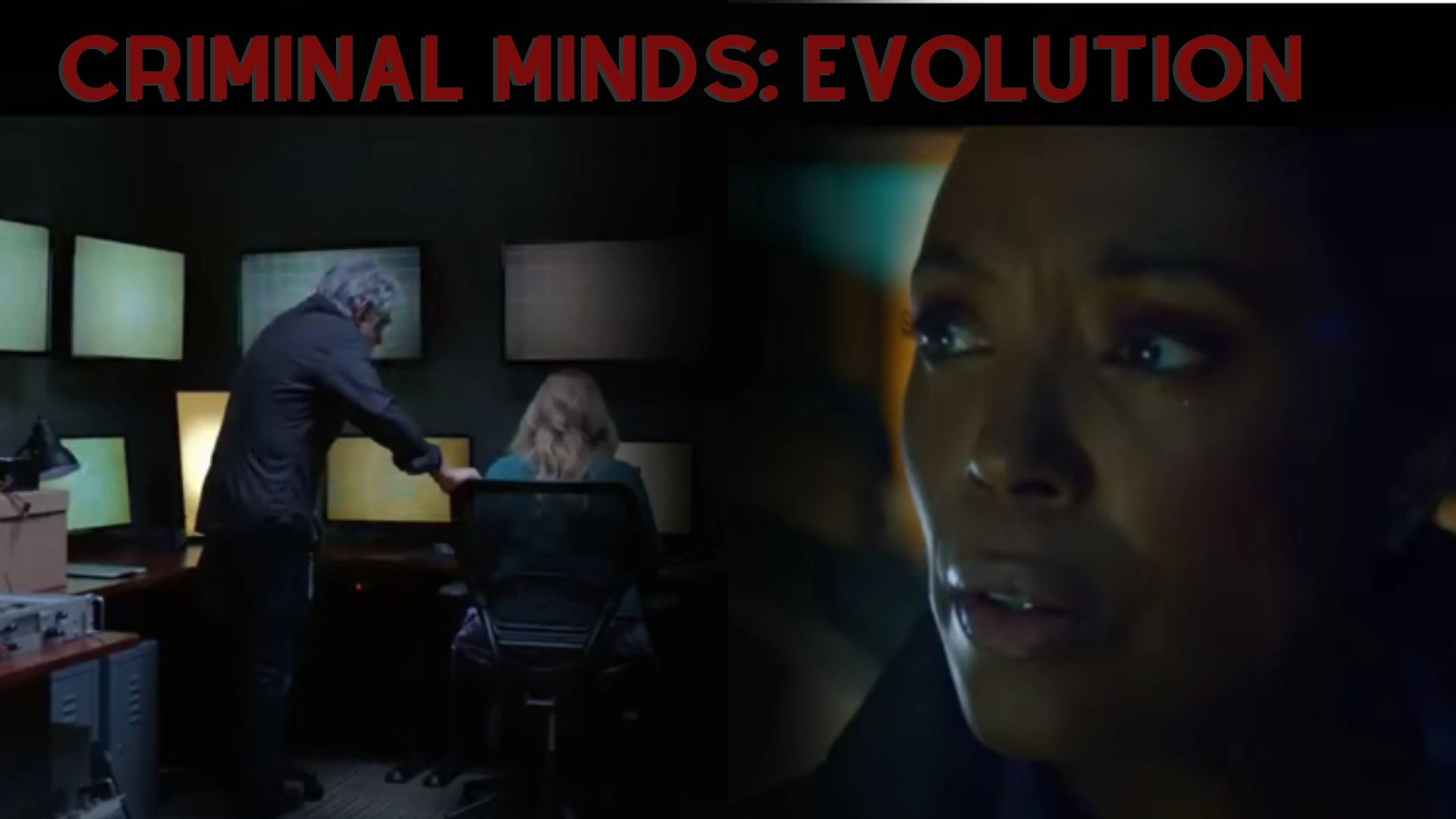Thinking about what your kids watch can be a big deal, especially with shows that explore serious topics. When a program centers on individuals who commit unlawful acts, it is quite natural to wonder about the content. This is particularly true for something like "Criminal Minds," which, well, features people who engage in actions that break societal rules. It's a show that brings the concept of those who act against the law right into your living space, so parents might want to be ready for what that means.
For many parents, getting a clear picture of what a "criminal" actually means becomes a key part of deciding if a show fits their family's viewing habits. It's not just about seeing actions; it's about grasping the core idea of someone doing something truly wrong or against the law. You know, when we talk about people who are labeled this way, there is a lot wrapped up in that simple term.
This guide aims to help you consider the idea of a lawbreaker, drawing from general definitions, so you can have conversations with your children about the concepts presented in a show that deals with these serious matters. It’s about being prepared for what those words truly represent, which is something every parent might find helpful, just in case.
- Is Sarah Silverman Married
- Dr Phil Wife
- Skinwalker Ranch Current Status
- Maximilian David Anthony
- Sam Elliott Kamala Harris
Table of Contents
- What Does "Criminal" Really Mean for "Criminal Minds Parents Guide"?
- Understanding Actions That Break the Rules - A "Criminal Minds Parents Guide" View
- Is Someone Who Does Something Very Wrong Always a Criminal?
- How Do We Talk About People Who Break Laws - A "Criminal Minds Parents Guide" Approach?
- The Idea of Regular Lawbreaking and "Criminal Minds Parents Guide"
- What Happens When Someone is Called "Criminal" - A "Criminal Minds Parents Guide" Perspective?
- Exploring the "Criminal" Label Beyond Just People - A "Criminal Minds Parents Guide" Look
- Final Thoughts for Your "Criminal Minds Parents Guide" Discussions
What Does "Criminal" Really Mean for "Criminal Minds Parents Guide"?
When we talk about someone being "criminal," what we are really discussing is a person or an act that has a direct connection to a misdeed against the law. It’s about actions that go against what society has agreed upon as proper conduct, usually written down in statutes. So, a "criminal" can be a person who carries out such an act, or it can describe something that is part of that unlawful activity, you know, like a "criminal enterprise." This distinction is pretty important for a "Criminal Minds Parents Guide" because the show often explores both sides of this idea.
A simple way to think about it is that anything that is "criminal" has to do with breaking the rules set by the community. It’s not just about being a bit naughty; it’s about crossing a line that has legal consequences. This could mean a specific deed, or it could describe a whole way of living that involves breaking the rules. For parents, this means having a way to explain that these characters on screen are not just people making mistakes, but rather individuals involved in activities that are against the established order, which is something to consider, really.
The term can also describe the very nature of an illegal act itself. For instance, the act of stealing is, by its very essence, a "criminal" act. It’s a core aspect of what makes something against the law. So, when you are thinking about a "Criminal Minds Parents Guide," remember that the word "criminal" covers a broad range of ideas, from the person doing the wrong to the very quality of the wrongful deed, which is quite a lot to unpack.
Understanding Actions That Break the Rules - A "Criminal Minds Parents Guide" View
To truly grasp the idea of a "criminal," it helps to look at the actions themselves. The definition points to something "relating to, involving, or being a crime." This means that if a deed is a crime, then the person doing it, or anything connected to it, can be called "criminal." It’s about the direct link to an unlawful act, so, you know, if someone takes something that doesn't belong to them, that act itself is a crime, and the person doing it is a criminal.
This idea extends beyond just the individual performing the action. It includes anything that is part of the unlawful situation. For example, a weapon used in a robbery is "criminal" in the sense that it is involved in a crime. This might be a bit more nuanced for a "Criminal Minds Parents Guide," but it helps children understand that the concept isn't just about the person, but about the entire scene of breaking the law. It’s a broader way of looking at things, actually.
When you are talking with your children about what they see on a show like "Criminal Minds," explaining that the word "criminal" is used for actions that break the rules can be very helpful. It sets a clear boundary between acceptable and unacceptable behavior in society. It's about how society classifies certain acts as violations, and how those who commit them are labeled. This provides a clear framework for discussing the show's content, which is something parents often seek, pretty much.
Is Someone Who Does Something Very Wrong Always a Criminal?
This is a really interesting point to consider when thinking about a "Criminal Minds Parents Guide." The definition mentions "very bad or morally wrong." Now, just because something is "very bad" or "morally wrong" doesn't automatically make it a crime in the legal sense. There are many things that people might do that are deeply unethical or unkind, but they aren't against the law. For instance, being rude to someone is morally wrong, but it’s not a crime, you know?
However, the word "criminal" can also be used in a more general way to describe something that is extremely bad or wasteful, even if no specific law has been broken. The text mentions "a criminal waste of food." Here, no one is going to jail for wasting food, but the term "criminal" is used to emphasize how truly awful and irresponsible that waste is. It highlights the severity of the act, even if it's not a legal offense. This distinction is quite important for a "Criminal Minds Parents Guide" because it helps children differentiate between general wrongdoing and actions that carry legal penalties, which is something to keep in mind.
So, when you are discussing a show that features individuals doing very bad things, it's a good opportunity to talk about the difference between something that is just plain wrong and something that is against the law. This helps children develop a more nuanced view of morality and legality. It's about understanding that while all crimes are morally wrong, not all morally wrong acts are crimes. This is a subtle but very important lesson for young viewers, to be honest.
How Do We Talk About People Who Break Laws - A "Criminal Minds Parents Guide" Approach?
The core idea of a "criminal" is someone who "commits a crime" or "breaks the law." This is the most straightforward definition and probably the one that comes to mind for most people. If a person does something that is against the rules set by the government or society, they are considered a lawbreaker. This is a fundamental concept for any "Criminal Minds Parents Guide," as the show revolves around such individuals.
The text provides some clear examples: "If you're a murderer, thief, or tax cheat, you're a criminal." These are specific types of actions that are universally recognized as unlawful. A murderer takes a life, a thief takes property, and a tax cheat avoids paying what they owe to the community. These examples provide concrete instances of what it means to go against the law. So, when characters on screen are shown doing these things, it's a direct representation of criminal behavior, which is something parents can point out.
When discussing these examples with children, it helps to explain that these actions have serious consequences, not just for the person who commits them, but for others in the community. It’s about how these actions disrupt peace and order. This kind of discussion, you know, can help children understand the gravity of the situations depicted in a show like "Criminal Minds" and why society has rules against such deeds. It really gives a clear picture of what the word means.
The Idea of Regular Lawbreaking and "Criminal Minds Parents Guide"
The definition also points out that "A criminal is a person who regularly commits crimes." This adds another layer to the concept. It's not just about a single act of wrongdoing, but about a pattern of behavior. Someone who repeatedly breaks the law, making it a habit or a way of life, fits this description. This distinction can be quite relevant for a "Criminal Minds Parents Guide," as many of the individuals featured in such shows might exhibit a history of unlawful conduct.
This idea of habitual lawbreaking suggests a deeper level of involvement in illegal activities. It implies that for some, breaking the rules isn't an isolated incident but a consistent choice. This can lead to discussions about choices, consequences, and the paths people take in life. It's about understanding that some individuals make a continuous choice to disregard societal norms and laws. So, when your children see characters who fit this description, it's a chance to talk about the long-term effects of such actions, which is something to consider, really.
For parents, explaining that a "criminal" might be someone who consistently chooses to act against the law can help children grasp the seriousness of such a lifestyle. It moves beyond a single mistake to a more ingrained pattern. This perspective can add depth to conversations about the characters and plots in a show like "Criminal Minds," allowing for a more nuanced understanding of the people portrayed. It's a way to discuss the broader implications of unlawful behavior, pretty much.
What Happens When Someone is Called "Criminal" - A "Criminal Minds Parents Guide" Perspective?
The term "criminal" is also used in a legal sense, for someone who "has been legally convicted of a crime." This means that a person has gone through the legal system, been found guilty of breaking a law, and now carries that official designation. This is a very specific use of the word, tied directly to the justice system. For a "Criminal Minds Parents Guide," this aspect highlights the formal process that follows illegal actions, which is an important part of how society deals with lawbreakers.
When someone is legally convicted, it means that the community, through its established processes, has determined that this person did indeed commit an unlawful act. This carries significant weight and consequences for the individual. It's not just an accusation; it's a judgment reached through a formal procedure. This distinction is quite important for children to grasp, as it shows that there is a structured response to those who break the law. So, you know, it’s about the official recognition of wrongdoing.
Discussing the idea of legal conviction with your children can help them understand the role of the justice system in a show like "Criminal Minds." It explains why certain characters are pursued or brought to trial. It also reinforces the idea that actions have consequences that are recognized and addressed by society. This can be a valuable lesson about accountability and the rule of law, which is something every parent might find useful, just in case.
Exploring the "Criminal" Label Beyond Just People - A "Criminal Minds Parents Guide" Look
Beyond referring to a person, "criminal" can also describe things "connected with a crime" or "of the nature of or involving crime." This means the word isn't just for individuals; it can apply to objects, situations, or even abstract concepts that are linked to illegal acts. For instance, a "criminal investigation" doesn't mean the investigation itself is breaking the law, but that it is about a crime. This broader usage is certainly relevant for a "Criminal Minds Parents Guide," as the show often explores the wider context surrounding unlawful acts.
The definition also mentions "Dealing with crime or its punishment." This refers to the systems and processes that handle illegal acts and their consequences. Things like courts, prisons, or law enforcement agencies are all "criminal" in the sense that they deal with crime. They are part of the societal response to lawbreaking. This helps children understand the various elements involved in addressing unlawful behavior, not just the people who commit it. It's about the entire ecosystem surrounding illegal acts, actually.
So, when you are talking about a show that focuses on solving serious deeds, you can explain that the word "criminal" has a wide application. It describes not just the person who breaks the law, but also the actions themselves, the tools used, and the systems put in place to deal with such matters. This comprehensive view can enrich your children's understanding of the show's content and the real-world implications of unlawful acts. It’s a way to help them see the bigger picture, pretty much.
Final Thoughts for Your "Criminal Minds Parents Guide" Discussions
When thinking about a "Criminal Minds Parents Guide," it becomes clear that understanding the word "criminal" is a starting point for meaningful family conversations. We've explored how it refers to someone who breaks the law, someone who regularly commits unlawful deeds, or someone who has been officially found guilty of a misdeed. It also describes actions that are deeply wrong or against the rules of society. You know, these are all important facets.
The term can also apply to things connected to illegal acts, or to the very systems that handle lawbreaking and its consequences. From the individual who performs a wrongful deed to the broader societal response, the word "criminal" covers a lot of ground. These various meanings can help parents frame discussions with their children about the content of a show that focuses on such serious topics, which is something every parent might find useful, just in case.
By using these definitions as a basis,
Related Resources:



Detail Author:
- Name : Savanna O'Conner
- Username : gerhard67
- Email : alf.farrell@hotmail.com
- Birthdate : 1982-12-08
- Address : 462 Leo Circle Suite 063 West Jarrettberg, DE 30716-1152
- Phone : 838.778.3804
- Company : Aufderhar Group
- Job : Engineering Manager
- Bio : Ipsa blanditiis ratione ducimus veniam itaque. Repellat officia ut quo reprehenderit. Qui nihil quis quod placeat dicta ut voluptatibus. Aut officiis recusandae eum.
Socials
twitter:
- url : https://twitter.com/lela9030
- username : lela9030
- bio : Omnis ab aperiam facilis officia soluta et. Blanditiis sed pariatur ut dolor possimus unde.
- followers : 4904
- following : 1086
tiktok:
- url : https://tiktok.com/@leladare
- username : leladare
- bio : Provident quam deleniti eaque dolorem hic qui tempora saepe.
- followers : 378
- following : 1812
facebook:
- url : https://facebook.com/darel
- username : darel
- bio : Est et quidem vero id eos itaque neque.
- followers : 5345
- following : 391
linkedin:
- url : https://linkedin.com/in/lela_dare
- username : lela_dare
- bio : Non fuga nihil alias.
- followers : 4828
- following : 1978
instagram:
- url : https://instagram.com/lela_id
- username : lela_id
- bio : Sint dolorum fuga maxime nulla fugiat. Omnis ea qui sit eius temporibus temporibus.
- followers : 849
- following : 58